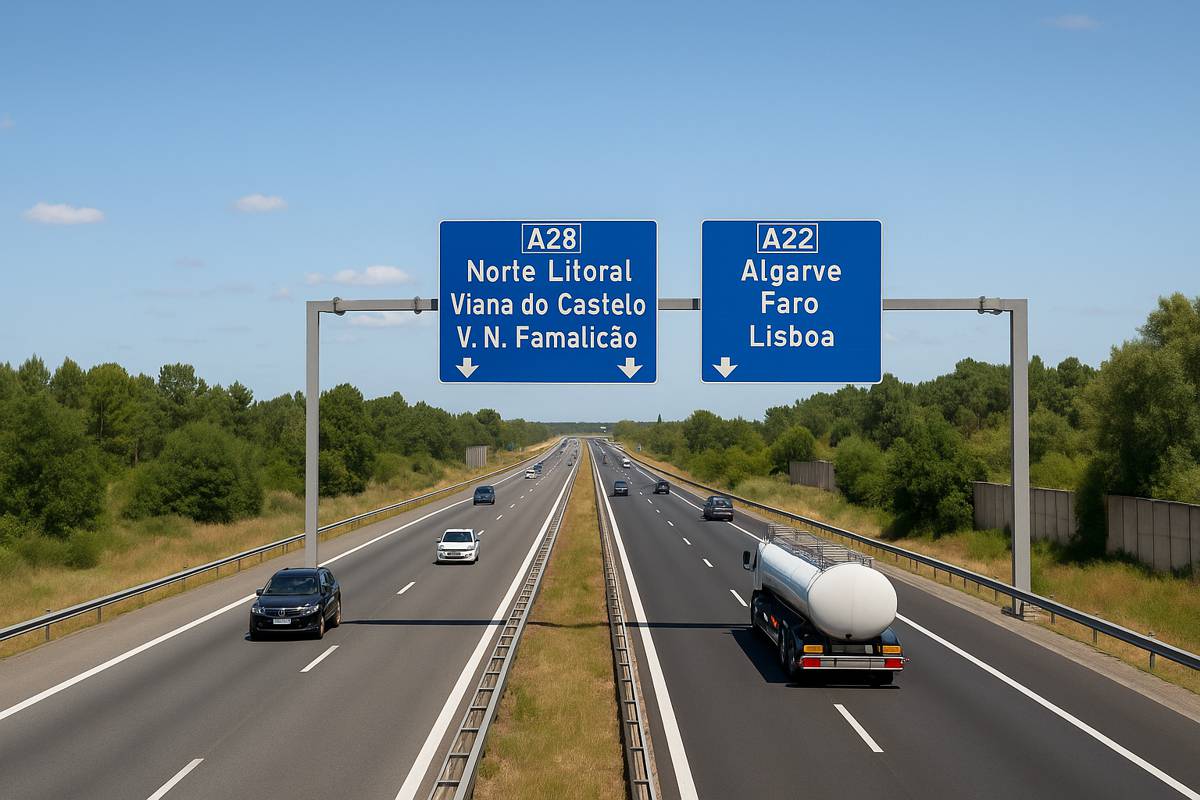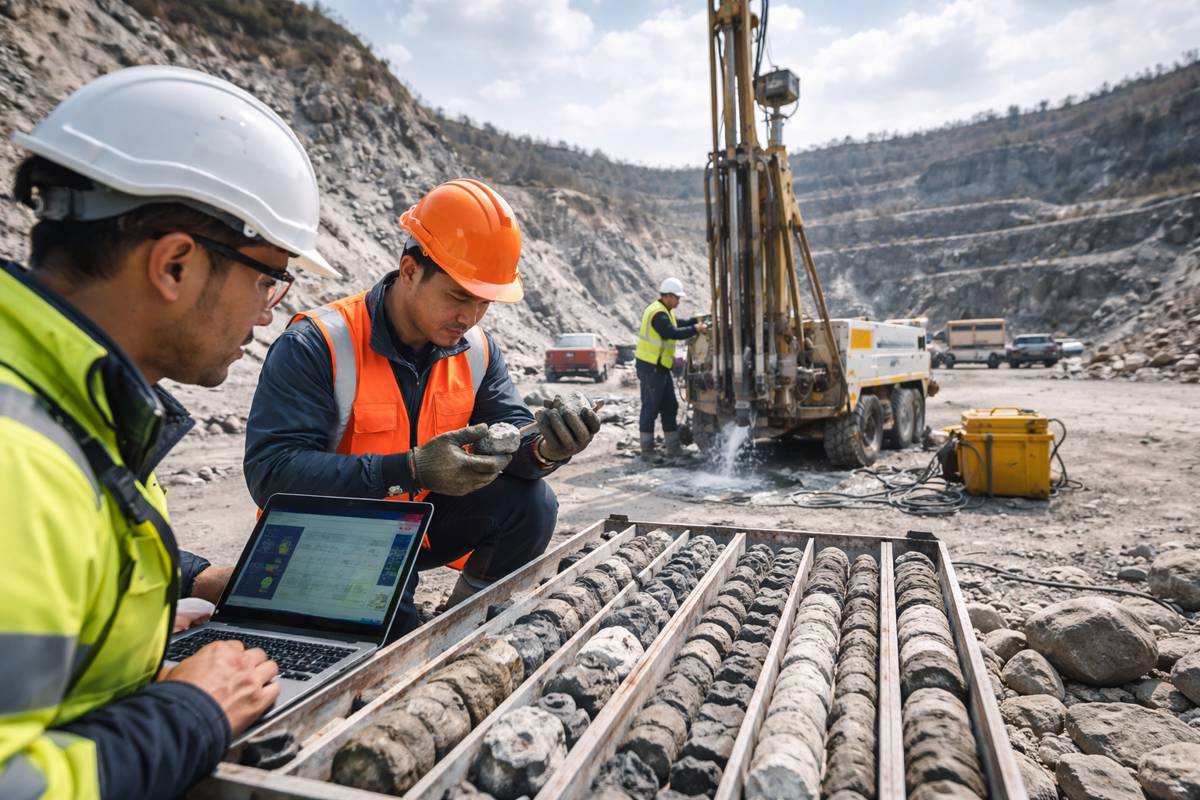Changing Lanes in Portugal’s Highway Infrastructure Landscape
CVC DIF, the infrastructure arm of private markets manager CVC, has agreed to divest its stakes in two of Portugal’s major highway concessions, Norte Litoral and Algarve, to Igneo Infrastructure Partners.
The transaction highlights the ongoing evolution of Portugal’s infrastructure market, where mature PPP assets continue to attract institutional capital seeking stability and inflation-linked returns.
The Deal in Focus
The Norte Litoral concession spans the A27 and A28 highways, stretching 113 kilometres between Viana do Castelo and Porto, with its concession running until 2031. The Algarve concession, on the other hand, manages the 133‑kilometre A22 motorway, also known as Via do Infante de Sagres, connecting Lagos to Vila Real de Santo António, and is set to expire in 2030.
Both operate under availability-based public-private partnership (PPP) models with revenue-sharing mechanisms, providing predictable, inflation-linked cash flows. These models ensure steady income irrespective of traffic volumes, a structure that continues to appeal to long-term investors.
CVC DIF initially invested in the concessions in 2017, later strengthening its position in 2020. Since then, both assets have demonstrated consistent operational performance and solid cash generation, supported by active governance and strategic oversight at board level.
CVC DIF’s Exit Strategy
CVC DIF’s decision to sell represents a strategic exit from mature, well-performing assets. The company has developed a reputation for identifying infrastructure investments with strong fundamentals, optimising performance, and exiting at peak value. As CVC DIF Partner Andrew Freeman explained: “This transaction is a strong example of CVC DIF’s differentiated exit capability, delivering value from mature concessions while ensuring these essential assets are transferred to a credible long-term owner.”
Portugal remains a key market for CVC DIF, which plans to pursue further opportunities in transport, utilities, and digital infrastructure. Freeman added: “We continue to see Portugal as an attractive market with a supportive regulatory framework and high-quality infrastructure assets.”
Igneo Infrastructure’s Expansion
The buyer, Igneo Infrastructure Partners, is a global infrastructure investment manager with more than US$16 billion in assets under management. The firm focuses on mid-market, long-duration assets across energy, transport, and utilities. With this acquisition, Igneo strengthens its foothold in Portugal’s transport infrastructure sector.
Hamish Lea‑Wilson, Partner and Head of Europe at Igneo, noted: “The acquisition of AAVI and AENL aligns perfectly with Igneo’s strategy of owning and operating essential mid-market infrastructure assets that provide stable returns over time.”
Maria Luisa Castro, Managing Director at Igneo, echoed this sentiment: “These concessions are critical transport links in Portugal’s road network, and we see significant potential to enhance operational efficiency and long-term resilience through collaboration with local partners.”
Financial and Legal Framework
CVC DIF’s interests in the concessions are managed through DIF Infrastructure IV, DIF Infrastructure VI, and associated co-investment vehicles. For the divestment, CVC DIF appointed Santander as its financial adviser and CS Associados as legal counsel, while Igneo received legal advice from VdA (Vieira de Almeida).
The transaction remains subject to customary regulatory approvals, including antitrust clearance from Portuguese authorities. Completion is expected in late 2025, once the due diligence process and official consents are finalised.
Portugal’s Infrastructure Landscape
Portugal’s road network has undergone substantial modernisation over the past two decades, much of it financed through PPP frameworks. These agreements have allowed the country to attract private capital while ensuring high service standards across its transport corridors.
The A22 Algarve motorway, for instance, is a vital east-west artery supporting the country’s tourism economy, while the A28 under Norte Litoral connects key northern coastal hubs, facilitating trade and regional development. Both corridors are critical to Portugal’s mobility and logistics infrastructure.
By transferring ownership to an experienced infrastructure investor such as Igneo, Portugal reinforces confidence in its PPP ecosystem, one that continues to balance public oversight with private efficiency.
Broader Market Implications
This deal sends several clear signals to the market:
- Maturity of the Portuguese PPP model: Investors view Portugal as a benchmark for predictable, transparent, and well-regulated concession management.
- Strategic exits as part of fund lifecycles: For firms like CVC DIF, realising value at the right stage ensures strong returns to investors while freeing capital for new infrastructure opportunities.
- Investor confidence in Europe’s periphery: Portugal’s political stability and strong governance make it a reliable market amid global uncertainty.
- Consolidation trend: Igneo’s growing Portuguese portfolio could lead to operational synergies across maintenance, tolling systems, and digital monitoring.
The Role of Infrastructure Funds
Infrastructure funds such as CVC DIF and Igneo play a pivotal role in maintaining Europe’s transport backbone. Their expertise and capital allow governments to modernise essential assets without overextending public budgets.
In this case, CVC DIF’s stewardship has enhanced performance and governance, paving the way for Igneo to continue investing in sustainability, road safety, and digitalisation initiatives across both networks.
The Road Ahead
Once the deal receives regulatory approval, Igneo will likely focus on integrating the concessions into its broader portfolio, improving operational efficiency, and possibly introducing smart mobility technologies to optimise traffic management.
CVC DIF, meanwhile, is expected to redirect capital towards emerging infrastructure segments, such as energy transition assets, digital networks, and water management systems, where demand for sustainable investment continues to grow.
The Portuguese highway transaction demonstrates how infrastructure investment cycles can drive both financial returns and long-term public benefit. By aligning private capital with national priorities, such partnerships contribute to economic resilience and sustainable growth.
Building on Strong Foundations
This deal may mark an exit for CVC DIF, but it also represents continuity, passing stewardship of critical transport links to an investor committed to long-term infrastructure enhancement.
With the right management and regulatory support, Portugal’s roads will continue to underpin trade, tourism, and connectivity across the Iberian Peninsula.





























